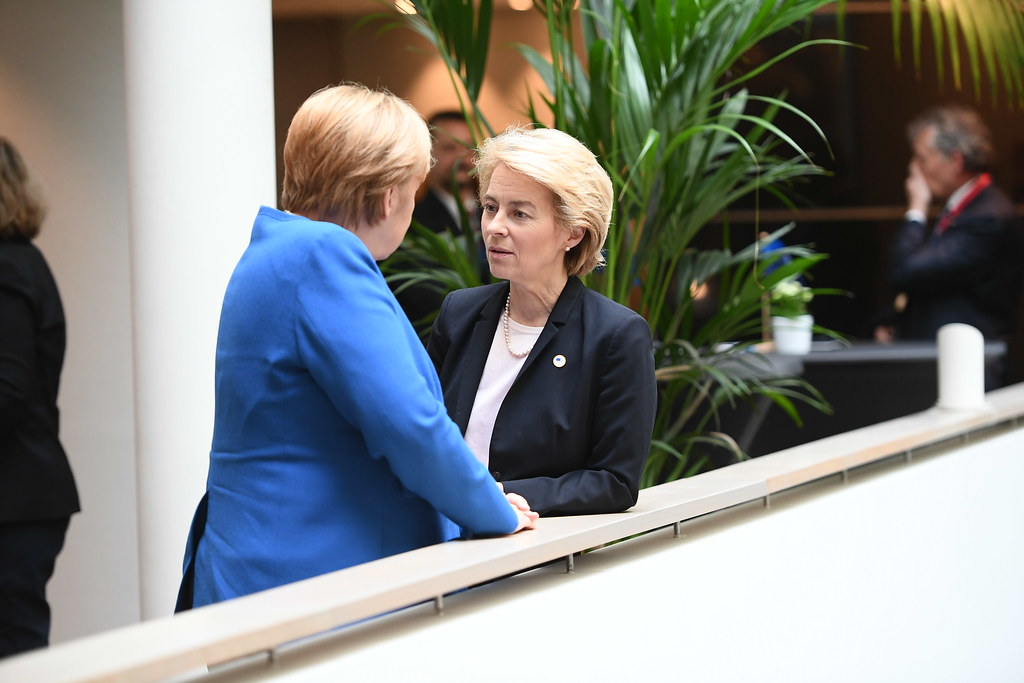How the EU states split over the anti-gas price hike energy package

The European Union has presented a set of suggestions for dealing with rising gas and electricity prices. But not all member countries feel the same way. All the details
On Wednesday, the Commissioner for Energy, Kadri Simson, presented the toolbox of the European Commission containing the measures suggested to the states of the Union to respond to the increase in energy prices . In this way, national governments will know what to do to reduce the impact of higher electricity and gas bills on citizens and businesses without violating European laws.
WHO PRESSES AND WHO BRAKES ON THE EU PACKAGE FOR GAS PURCHASES. THE MAP
MEASURES
Simson called on member countries to consider specific support measures – perhaps drawing on revenues from sales of carbon quotas – for the population groups most vulnerable to energy price increases, state aid for businesses and targeted tax cuts. The possibility is also granted to temporarily suspend the payment of bills, when necessary, and to institute safety measures to avoid disconnections from the electricity grid.
The commissioner said that “the global increase in energy prices is a serious concern for the European Union. As we emerge from the pandemic and begin our economic recovery, it is important to protect vulnerable consumers and support European businesses ”.
A EUROPEAN STRATEGIC GAS RESERVE?
Simson also made it known that the Commission is evaluating the possible benefits of a strategic European natural gas reserve , that is the common stocks it will draw on in times of crisis (such as the current one, of very strong gas price growth).
The reserve, explained the commissioner, will consist of the collective purchases of gas by the various members of the Union. Participation will be voluntary.
The establishment of a strategic reserve was proposed by Spain (promoter of a more interventionist line than Brussels on the energy issue) and supported by Italy (which already has its own gas storage). Less favorable is France: the surge in gas prices and the consequent energy crisis represent an opportunity for the country to press Brussels to include nuclear energy among the "clean" sources .
DIVISIONS BETWEEN MEMBER STATES
As often happens, the crisis in energy prices has also created division between the various member states of the European Union, as Il Sole 24 ore recalled today. The countries of the North believe that the situation is temporary and would like to avoid structural, profound interventions by Brussels. The countries of Southern Europe on the other hand – headed by Spain – would like a reform of the common electricity market.
HOW THE EU STATES DIVIDE ON THE PACKAGE. WHO IS FOR AND WHO IS AGAINST
WHAT THE COMMISSION SAYS ABOUT THE ELECTRICITY MARKET
Commissioner Simson, however, had stated that the structure of the European electricity market did not contribute to the increase in prices, and that the cost of wholesale energy represents only one third of the bills paid by users: the rest are taxes and other items. It is therefore unlikely to expect a reform.
This year – recalls POLITICO – the prices of natural gas have increased by over 400 percent, while the wholesale prices of electricity by 200 percent. In the European electricity market, the most expensive source used to satisfy demand (gas, in fact) is also the one that determines energy prices.
WHAT THE COMMISSION SAYS ABOUT ENERGY TRANSITION
According to the Commission, the surge in gas prices should rather stimulate member states to accelerate the energy transition process, reducing dependence on fossil fuels to increase the use of renewable sources.
"We are not facing a hike [in prices] because of our climate policy," Simson said. “Fossil fuel prices are rising. We must accelerate the green transition, not slow it down ”. The Commission is therefore encouraging national governments to use funds from the pandemic recovery plan to invest in clean energy and facilitate the achievement of climate targets: -55 per cent of greenhouse gas emissions by 2030; net zeroing at 2050.
At the same time, the European Commission does not establish precise quotas for sharing the sources of the various national mixes, leaving individual governments to choose the proportions to be given to renewables, gas, nuclear or other. Even the president of the European Council, Charles Michel, recently recalled that "the energy mix is a national responsibility".
WHO PRESSES AND WHO BRAKES ON THE EU ENERGY PACKAGE. THE MAP
This is a machine translation from Italian language of a post published on Start Magazine at the URL https://www.startmag.it/energia/unione-europea-gas-prezzi-divisioni-stati-membri/ on Thu, 14 Oct 2021 10:19:44 +0000.
